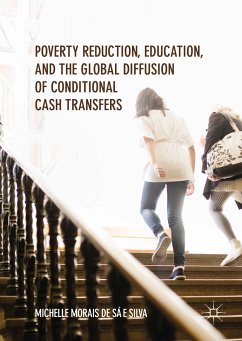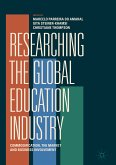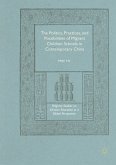This book explores Conditional Cash Transfers programs within the context of education policy over the past several decades. Conditional Cash Transfer programs (CCTs) provide cash to poor families upon the fulfillment of conditions related to the education and health of their children. Even though CCTs aim to improve educational attainment, it is not clear whether Departments or Ministries of Education have internalized CCTs into their own sets of policies and whether that has had an impact on the quality of education being offered to low income students. Equally intriguing is the question of how conditional cash transfer programs have been politically sustained in so many countries, some of them having existed for over ten years. In order to explore that, this book will build upon a comparative study of three programs across the Americas: Opportunity NYC, Subsidios Condicionados a la Asistencia Escolar (Bogota, Colombia), and Bolsa Famila (Brazil). The book presents a detailed and non-official account on the NYC and Bogota programs and will analyze CCTs from both a political and education policy perspective.
Dieser Download kann aus rechtlichen Gründen nur mit Rechnungsadresse in A, B, BG, CY, CZ, D, DK, EW, E, FIN, F, GR, HR, H, IRL, I, LT, L, LR, M, NL, PL, P, R, S, SLO, SK ausgeliefert werden.









